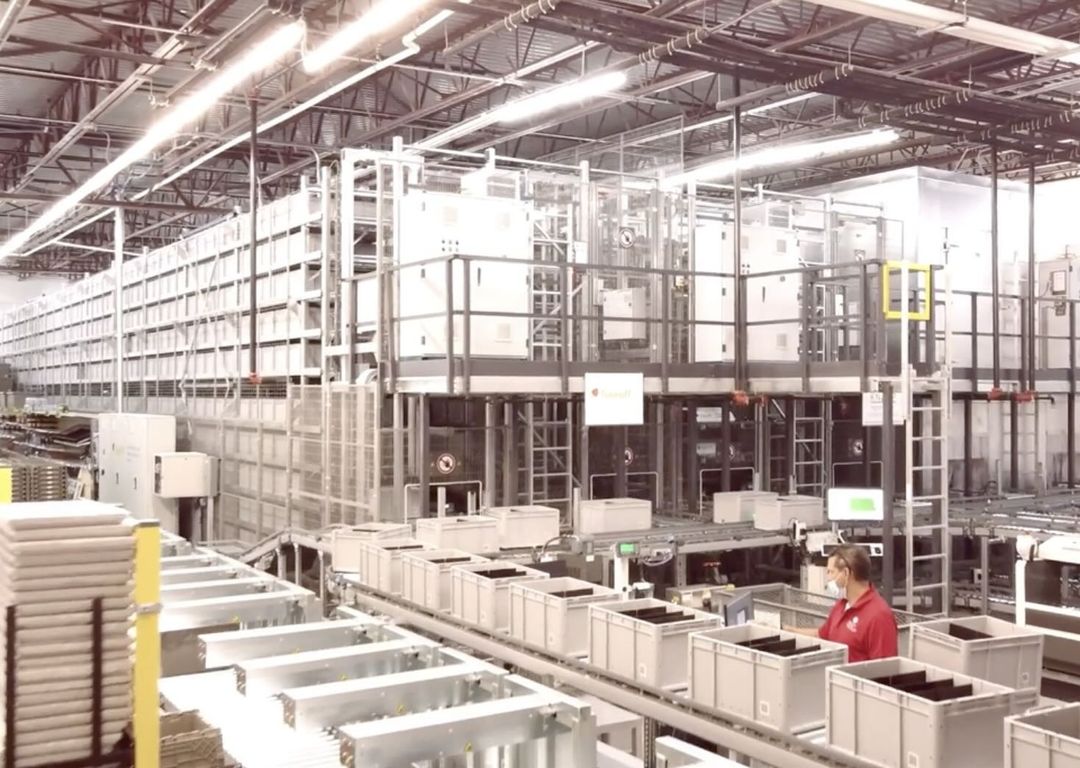Knapp and Takeoff extend partnership for online grocery fulfillment
Partners offer fulfillment models for high-, mid- and low-volume, coordinate future technology roadmap

Logistics technology vendor Knapp and e-grocery solutions provider Takeoff Technologies have deepened their integrated partnership and will accelerate hardware and software innovation for grocery products fulfillment, the companies said today.
The partners will now offer a modular product portfolio to provide food retailers with right-sized automation and unique capabilities for their operation, including profit-driving fulfillment models for high-, mid- and low-volume. Knapp and Takeoff will also support a coordinated technology roadmap, driving additional R&D collaboration for continued innovation in e-grocery fulfillment, they said.
The move comes seven years after Takeoff says it created the hyperlocal fulfillment category with a custom, grocery-native platform, and helped launch the category of micro fulfillment centers. Since then, the company has grown through its alliance with Knapp and venture capital backing rounds.
“Automation remains foundational in addressing rising labor costs and offering an optimal customer experience at the lowest cost to serve,” Knapp Group VP of Food Retail Solutions Rudolf Hansl said in a release. “Through Takeoff’s expertise we were able to further develop our modular solution for micro fulfillment. In addition, we will enhance our existing portfolio within this new, intensified partnership to make it easier than ever to deploy rightsized automation for any retailer, anywhere.”
Related Articles
Copyright ©2024. All Rights ReservedDesign, CMS, Hosting & Web Development :: ePublishing